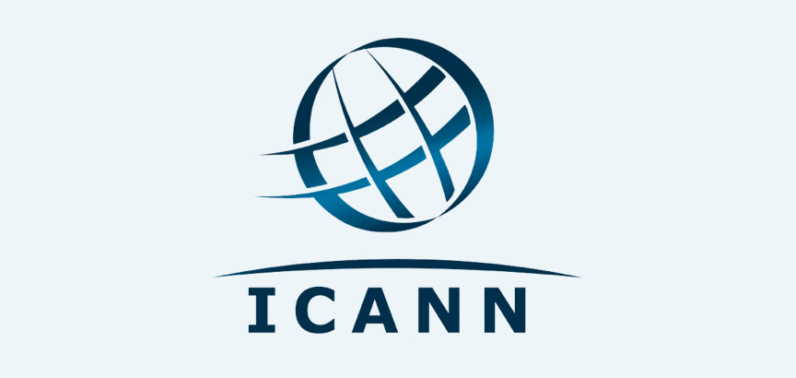
ICANN is the Internet Corporation for Assigned Names and Numbers. It is a nonprofit organization headquartered in Southern California that was formed in 1998 to help the U.S. government manage certain functions that maintain the Internet’s core infrastructure. ICANN maintains the central repository for IP addresses and helps coordinate the supply of IP addresses. It also manages the domain name system and root servers. ICANN currently manages over 180 million domain names and four billion network addresses across 240 countries. It is also important to note that which ICANN does not control, such as content on the Internet, malware or spam and Internet access.
In order to better understand ICANN, its responsibilities and its future, there a few other acronyms to become familiar with:
DNS – Domain Name System, a global naming system that translates numerical IP addresses to domain names
IANA – Internet Assigned Numbers Authority, a part of ICANN that performs technical services critical to maintaining the DNS
NTIA – National Telecommunications and Information Administration, an organization that is part of the U.S. Department of Commerce and currently in charge of overseeing ICANN
TLD – Top-Level Domain, includes .com, .org, country codes such as .uk and mx and other suffixes.
Upcoming Changes to DNS Control
For several years, the plan has been to transition oversight of the DNS from the NTIA to international multi-stakeholder oversight through ICANN. This process began in 2014 when the NTIA asked ICANN to outline the transition in a detailed proposal. Today, the NTIA continues to play a role in verifying and authorizing ICANN’s functions, but the transition to complete ICANN control is scheduled to take place on September 30, 2016. The NTIA has reviewed ICANN’s proposal and has confirmed that it:
- supports and enhances the multi-stakeholder model
- maintains the security, stability, and resiliency of the Internet DNS
- meets the needs and expectations of the global customers and partners of the IANA services
- maintains the openness of the Internet
- allows the community to hold the board accountable
- has built-in monitoring requirements for operational performance
Find out more about the proposal on the NTIA’s Fact Sheet.
Why It Matters
It is a widely-held belief that the Internet should not fall under the control of one stakeholder, whether that be a business, individual or government. While the NTIA has confirmed that ICANN has measures in place that will ensure multi-stakeholder control and maintain Internet openness, there are still many concerns as to how ICANN will function as an independent body.
ICANN currently gets its authority to manage the DNS via the IANA contract, granted to them by the U.S. government, but that would change under the proposed plan. Authority would pass directly to ICANN without U.S. government oversight. While concerns are that other countries will have more of an influence on the Internet, the plan is designed with the intentions of avoiding increasing any government’s power over the Internet. While it is not ICANN’s job to regulate content online, there are concerns that this could come about through shared international control of the DNS. However, there is a real effort being made to ensure that ICANN cannot regulate content following the transition. There are also concerns over how well ICANN will be able to come to decisions on controversial matters. It is vital that these processes are set up correctly from the beginning, because domain-level takedowns could lead to violations of freedom of speech and freedom of press.
Get Involved
The U.S. Congress can still have an effect on the transition by controlling the NTIA’s actions. One of three things can occur on or before September 30: the control of IANA functions can be fully transitioned to ICANN, the transition can be delayed and NTIA’s contract with ICANN can be extended for up to three years, or Congress will not allow the NTIA to relinquish its authority over IANA functions. Contact your Congressman with any concerns you might have.
If you have experience working with Internet security, DNS, IP numbering, AS numbers or protocol parameters, you can currently apply to volunteer for the Second Security, Stability, and Resiliency of the DNS Review Team.
